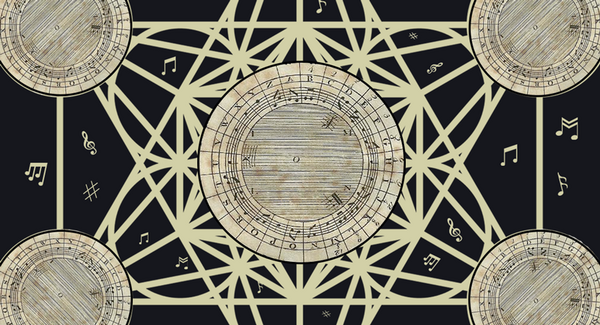With Musical Cryptography, Composers Can Hide Messages in Their Melodies
Mar 28, 2018
Early 17th- and 18th-century mathematicians and cryptologists such as John Wilkins and Philip Thicknesse argued that music cryptography was one of the most inscrutable ways of transporting secret messages. They claimed that music was perfect camouflage, because spies would never suspect music. When played, the music would sound so much like any other composition that musically trained listeners would be easily fooled, too.
Thicknesse wrote in his 1772 book A Treatise on the Art of Deciphering, and of Writing in Cypher: With an Harmonic Alphabet, “for who that examined a suspected messenger would think an old song, without words, in which perhaps the messenger’s tobacco or snuff might be put, contained a secret he was to convey?” Written letters don’t have this advantage.
Source: atlasobscura.com